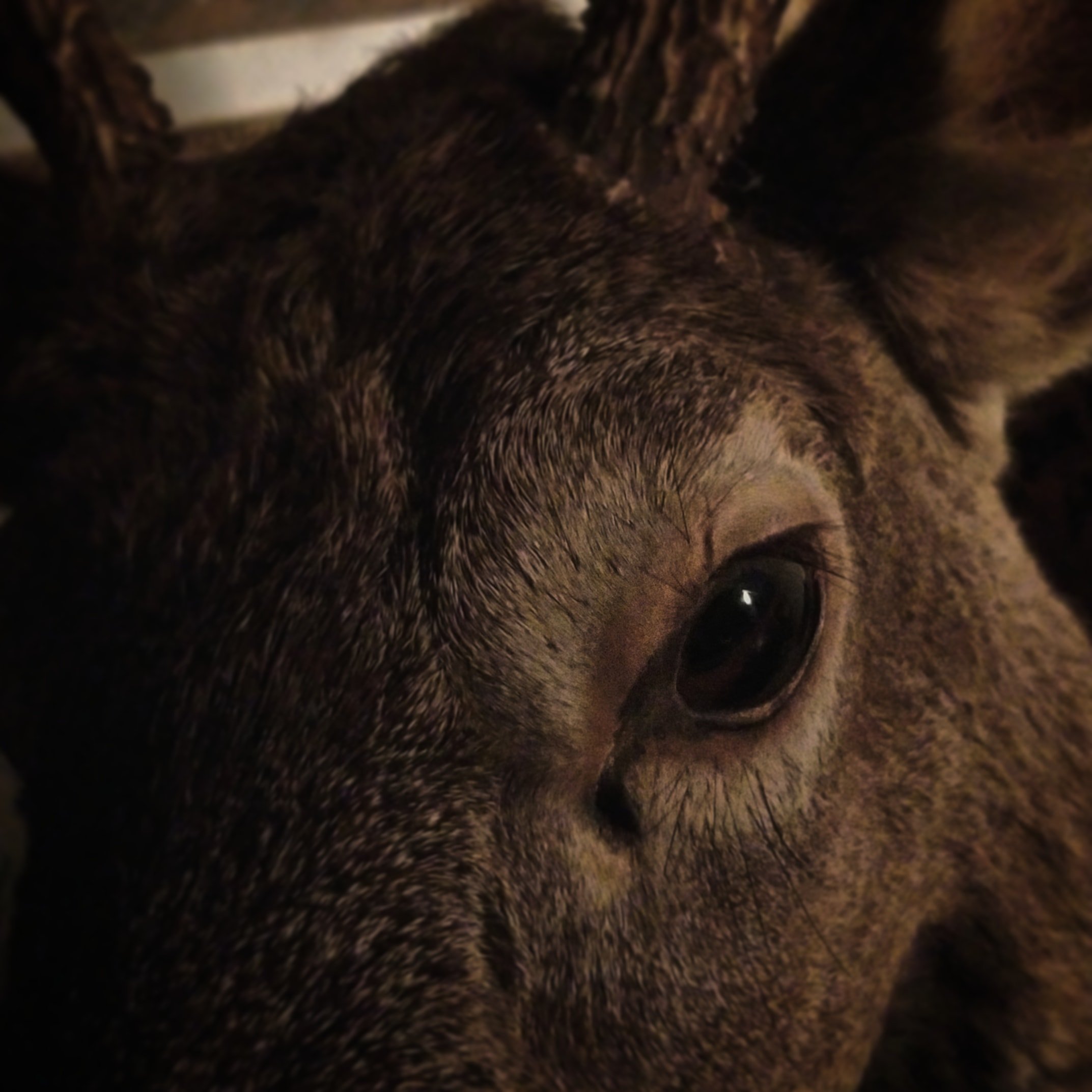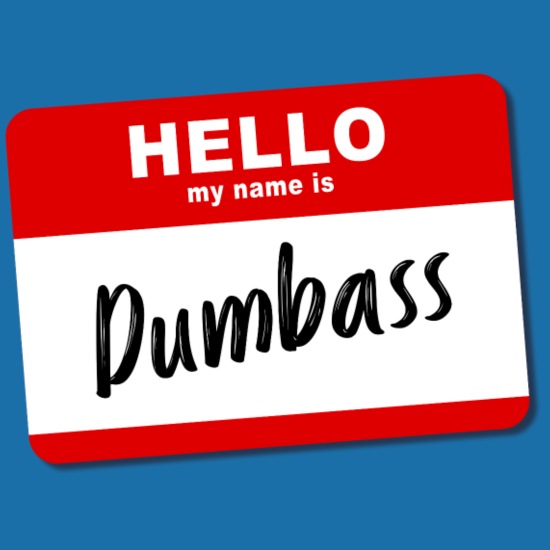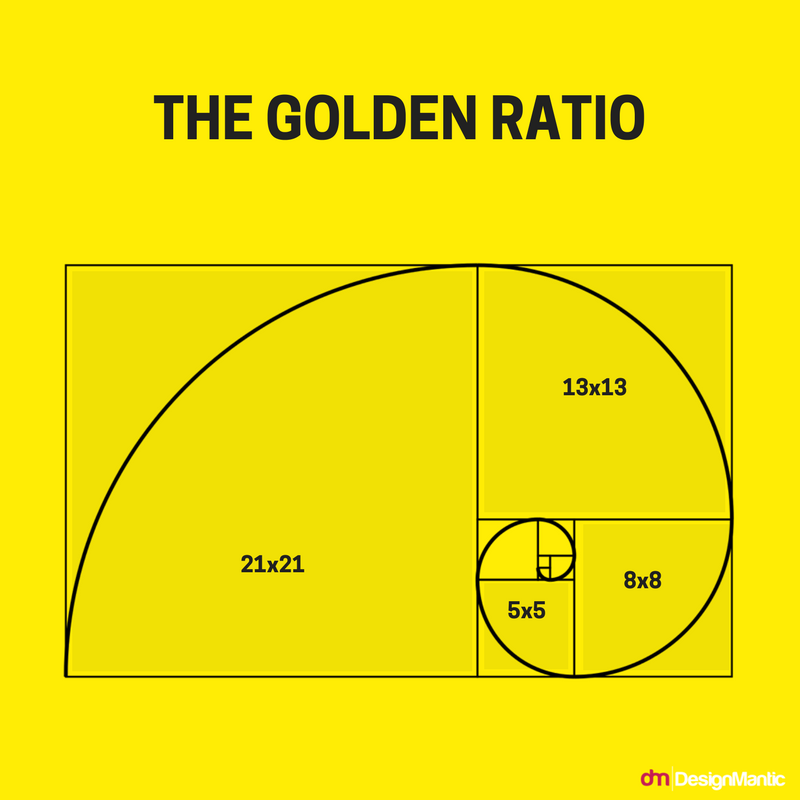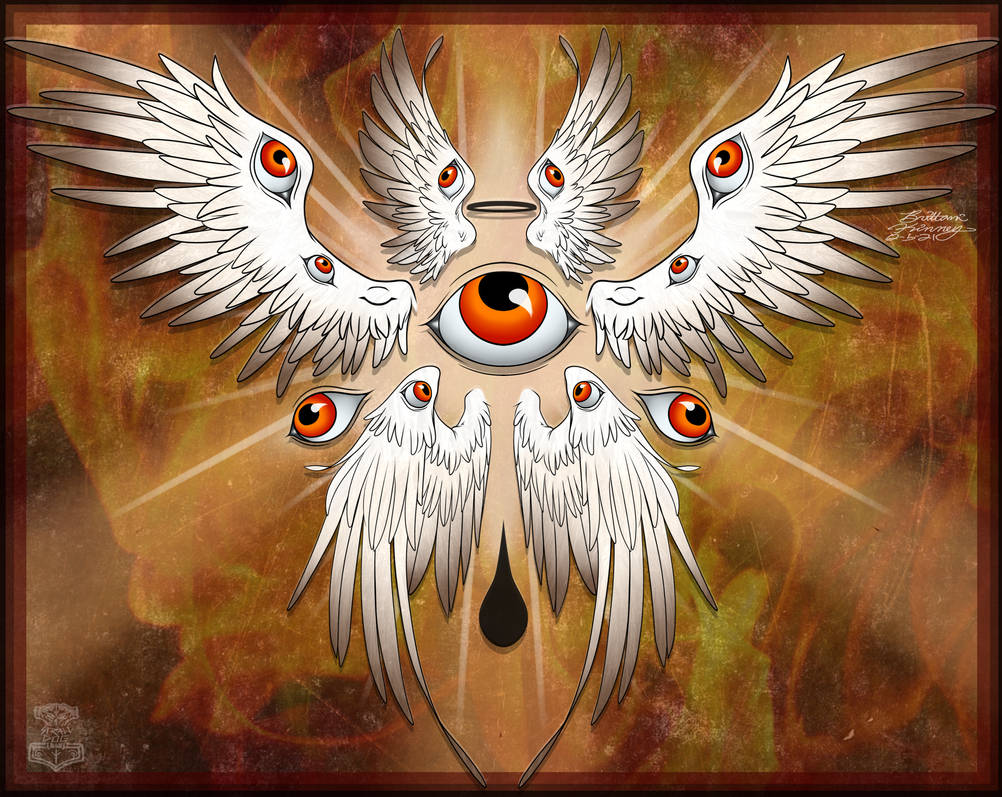“A primary concern for Petrucelli, Jenkins, and Antell, longtime documentary filmmakers and co-founders of the Archival Producers Alliance (APA), is to avoid a situation in which AI-generated images make their way into documentaries without proper disclosure, creating a false historical record.”
They shouldn’t be in a documentary period. A documentary is meant to be factual and historical so nothing fake should be injected into it.
Documentaries often include recreations of events, such as historical events that weren’t filmed. It’s usually noted as being a recreation or re-enactment. If AI-created images are used instead and are noted as being such, I don’t really see the problem, assuming the images are curated to depict the scene accurately.
The problem in both cases is that people remember these artistic depiction as real, even if there’s a disclosure.
Are we worrying about the fully functional adults that still need to be told not to drink Draino?
It wouldn’t be such a concern if they didn’t make up like 40% of the population.
Global population? You say “the”, so you obviously mean the one we have in common.
We’re all susceptible to this stuff, even when we’re aware of it.
As someone who actually worked in the corporate propaganda industry… I concur.
If you think you are impervious to this, then I got news for you.
I think I’m pretty impervious to the impulse of drinking drain cleaner. 🤷
Ok but drinking draino is the cure for all life’s problems. To each their own, though.
That or seeing Batman.
Yeah television doesn’t affect anyone. That’s been a great success. Fox News anybody? Pizzagate?
That argument extends to any realistic recreation of events. It’s not wrong, I’m just not sure what could be done about it.
This is how I’m leaning too. If done appropriately this should be no different than “this is a reenactment of events” seen in 90s and 00s true crime shows.
The big challenge is getting the content creators to respect that template and not bury the disclosure in the credits.
Yeah they shouldn’t do that either
A recreation is a scripted recreation, and I believe legally required to be noted as such. Whether that’s in the credits or on screen at time of playing I think is at the discretion of the filmmaker and editors.
Wildly different concept than generative AI models doing whatever they feel. At the end of the day, I can see why some people can’t see the difference, but it’s huge. I’d also say that if the former were improperly used in a horrific way, you’d just say “Well the viewers can stay away from that documentary”, but as we we’ve all seen over the past decade or so, once the falsely represented account of events is out there, you can’t stop it from spreading. Whether is a still image, or a reenactment. One has current legal repercussions and is covered by libel and slander protections, and the other doesn’t. World of difference.
I… I don’t think they are generating the history on the fly for each individual playback. Probably just generating images based on the concept, iteratively tweaking until it conveys the message that is desired by the artist. You know. Like most artistic works. AI is another tool.
Not to say training data being copped from hardworking artists is good, but an ethically trained AI for image generation for this context is not necessarily evil if it is used in the context of executing the artist’s vision in the way they deem necessary and sufficient. Relying on outside people can often cloud the vision of a project.
That being said, pay artists for their work, license if you want to train, and credit/royalties should be paid until copyright expires or the rights are purchased outright for a competitive compensation.
The point is more that false “recreations” are protected when you have a planned and scripted setup to film and display it. Generative AI is not included in those laws yet, which is why everyone is trying to get their bullshit in while they can.
Just to play devil’s advocate, does that mean any “artist rendering” shouldn’t be in a documentary? Documentaries have had drawings, with a disclaimer that it is an artist rendering, for as long as I can remember. Or what about when they hire actors to do a “dramatization” of what happened, how is this different?
They are different because they are clearly not real images or video. The fact that we can generate images of whatever we want that are near if not impossible to discern as fake by the naked eye, means that they shouldn’t be in there at all.
Again, how is this different from an artist rendering? There’s been artists creating digital media for documentaries for a long long time.
How is a computer generated image different from an artist rendering? Well for one an artist is a human being… AI is machines. No human on earth can render as well as a machine can. If you want to use machine rendering, make sure your audience is completely aware that it is AI generated, otherwise, it’s not a documentary… it’s an art film.
Documentaries have had drawings, with a disclaimer that it is an artist rendering, for as long as I can remember. Or what about when they hire actors to do a “dramatization” of what happened, how is this different?
The quote above is in my first post in this thread. And to say a human can’t render as well as a machine, is arguable, but that isn’t what this is about.
So again, if people are told that it’s a rendering, regardless of who or what rendered it, what is the issue, and should all past documentaries with human renderings/reenactments not be called documentaries?
That’s what he’s saying, with proper disclosure, there’s really no difference so if one (with proper disclosure) is banned then the other (Also with proper disclosure) should be as well because (assuming proper disclosure) they’re both recreations of a historical event that has no actual photo or video of said event.
You’re not understanding, possibly on purpose?
Look, try this: if the scene with the artist’s rendering says “artist’s rendering” in it, then it’s fine. Start there.
I’m not sure if you meant to reply to me, but that’s what I have been saying, if it says it’s a rendering, I don’t see how it’s different.
As a wrestling fan I know to never fuck with the APA!
A documentary is meant to be factual and historical so nothing fake should be injected into it.
If you trust a documentary like this then I don’t trust your reasoning. “Vaxxed” is a documentary that, incorrectly, talks about the dangers of vaccination.
Reading through these comments it seems that many lemmings have wildly optimistic ideals about ethics in the “true crime” genre of documentaries.
Even for sincere documentarians, presenting unvarnished history accurately and completely is an impossibility. For the bad-faith actors, you’d be amazed at how much is outright staged or otherwise faked. The only rule is that it be entertaining.
As far as “true crime”, the question of “should we even make this” is pretty ethically fraught. True crime is cheap, popular, and stuffed to the brim with hacks and bad faith actors.
Well thanks to you I’ve found my niche…documentaries about true crime documentaries
Is this a real niche? Cuz I would watch some if you have recs
A proof of concept documentary about how fabricated evidence could be used to promote a fringe theory or even convict would be way cool.
How Jennifer shot JFK
Dunno if this is that.
Knew it all along; Jennifer was the second shooter!
Duuuuuuude… JFK. Jennifer Fucking Killed! It was in front of us the whole time! 😱
Yes there are re-enactments in documentaries but this was using actual photos of the subject. I def have a problem with that. It’s exploitive at the very least and reminds of the AI shitshow to come. Disclosure should be on the damn picture itself, not in the credits.
Re-enactments have actors and no one confuses them for the actual subjects. If you dont have enough material, don’t make a ‘true crime documentary’.
okay, so, yes, its not ‘true’, and the crime its about didn’t actually ‘happen’, but everyone knows’ true crime’ is a genre defined by its aesthetics and ‘grittiness’ and being very cheap to produce, so we here at Netflix believe we’re being true to the highest ideals and aesthetics of the genre.
They might not be mistaken for the actual people in the case, but they certainly get beleived as 100% accurate reenactments.
loginwall – here’s the full text https://pastebin.com/krVEdG5v
We call that historical fiction.
We call that bullshit where I come from. Either it’s historical or it’s fiction. Fiction can be done in an historical setting, but is never historical itself.
Not if it poses as a documentary.
In the U.K. there’s a law (perhaps it’s an agreement between the broadcasters, no sure) to display a P in the corner of the screen when there’s product placements. So every time someone takes a phone out in a soap opera, the little P appears. Hilarious how ALL the characters in Hollyoaks chose Windows Mobile for a while.
Perhaps we ought to require the same for AI generated media.
So like Inglorious Bastards?
Are the images clearly labeled, or are they trying to pass them off as reality? There’s a clear difference.
It’s Netflix marketing with ai. If this happened in the past it would just be photoshopped. They’re using buzzwords to get you engaged
You didn’t read the article. These are images that appeared in the documentary and were not marked as generated. It was implied they were real photos.
I didn’t no but I gathered that. What I meant was that in the past the images that would have appeared in the documentary would have simply been photoshopped - it’s the deception that the images were real that is the problem. This article, I assume is using the topic of ai to imply something new has happened when it hasn’t
Is it just me, or is everyone here commenting on a half article, the other half being behind a paywall? 😬
Yeah I couldn’t read the whole article, so what I’d want to know is if the AI generated images were shown with a disclosure or not. Because that changes everything…
Edit: apparently there was no disclosure in the movie, which is the problem
If there was a disclosure, that would be fine. Documentaries used actors, reenactments, illustrations, 3D generated content, etc. before. If it helps viewers visualize the topic, it is fine. If it skews the story to push a theory of the documentary, that’s not fine.
I think we can all agree on that… But without the entire article, one can only parametrise their answer… I was hoping someone with a full version could do an HTML dump. 😅
Or at the very least a markdown dump in here.
You can find the complete article on archive.org
In my experience, most just read the headline. That’s why the tldr bot is so important and most subs banning it are just doing the community a disservice.
Paywall :/
Fuck all these disgusting true crime documentaries regardless whether or not they use AI
So do I though














